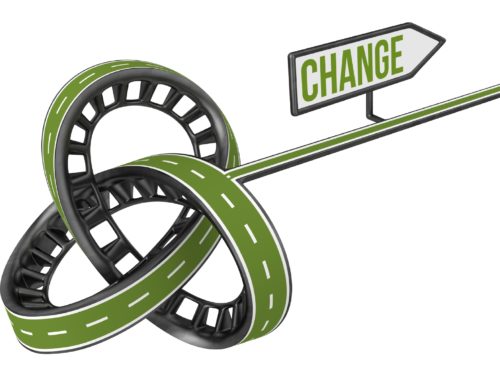A compelling organizational culture is the intangible that provides a sustainable competitive advantage. A destructive one breeds mistrust, apathy, and eventual decline in performance.
Here are seven indicators that your culture is deteriorating or even worse — in a total meltdown.
1. High turnover and low morale. Good employees decide to pursue other opportunities. Individuals remaining with the organization are demoralized and lethargic in the performance of their duties. Blaming others for poor performance is common, and the four most used words are “It’s not my job.”
2. Lack of consistency. Consistency is the mark of a culture of excellence. Southwest Airlines cleans, services, and loads its airplanes in twenty-five minutes between every flight. It doesn’t matter if you are traveling from Manchester, New Hampshire or Phoenix, Arizona.
3. Lack of focus on the external environment. High performing cultures maintain a consistent focus on serving the customer. Cultures in distress look internally at all the things that are going wrong. Statements begin with the words, “If only they…” and customers are often viewed and treated with disdain.
4. Short-term thinking. Constant attention to current results is no excuse for short-term thinking. Organizations that lurch from crisis to crisis soon find that they cannot function without the motivation of an imminent catastrophe. A culture that trades long-term vision for an exclusive focus on short-term crisis drains energy and limits the organization’s ability to grow.
5. Rise of subcultures. Pride in one’s team is admirable. Allowing team pride to deteriorate into impenetrable organizational silos is a sure sign of a fractured culture. Subcultures exist in many forms. Identification with the department, shift, bargaining unit, or even individual supervisor to the exclusion of the organization are all examples of team identity crumbling into destructive subcultures.
6. Undermining the success of others. Disagreements that turn into vendettas. Information purposely withheld. These are the symptoms of a culture where “TEAM” is considered a four-letter word and trust is a symbol of weakness.
7. Increased cynicism. Positive cultures take a critical look at proposed changes and embrace those that offer potential improvements. Cultures that are in trouble look at all change – good or bad – through cynical eyes that assume the worst possible outcome.
The economic recovery will be a telling moment for organizations that have sacrificed their culture in pursuit of short-term financial performance. Get ready – that banging you hear will be the sound of the door slamming as your best employees take their talent elsewhere.




